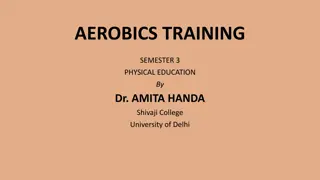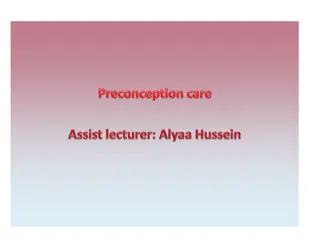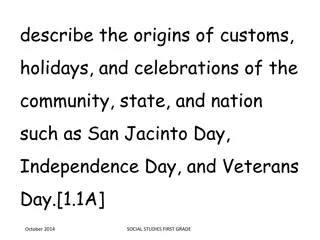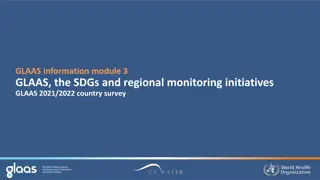
The Call to Prayer (Adhaan) and Second Call to Prayer (Iqamah)
Learn about the significance of the Call to Prayer (Adhaan) and the Second Call to Prayer (Iqamah) in Islamic teachings. Discover the roles of the Muezzin, the meaning behind the Adhaan and Iqamah, and the differences between the two. Explore the importance of reciting specific verses and invocations during these calls to prayer.
Download Presentation

Please find below an Image/Link to download the presentation.
The content on the website is provided AS IS for your information and personal use only. It may not be sold, licensed, or shared on other websites without obtaining consent from the author. If you encounter any issues during the download, it is possible that the publisher has removed the file from their server.
You are allowed to download the files provided on this website for personal or commercial use, subject to the condition that they are used lawfully. All files are the property of their respective owners.
The content on the website is provided AS IS for your information and personal use only. It may not be sold, licensed, or shared on other websites without obtaining consent from the author.
E N D
Presentation Transcript
THE CALL TO PRAYER (ADHAAN) AND THE SECOND CALL TO PRAYER (IQAMAH) Grade 3- Islamic Education
Lesson objectives Repeat the text of the Call to Prayer (Adhaan) and the second call to Prayer (Iqamah) Comparing the call to prayer (Adhaan) with the second call to Prayer (Iqamah) Cite what is desirable to say upon hearing the Call to Prayer (Adhaan)
What is Adhaan? Who gives it? When the time of the Prayer enters, the Adhaan is raised, and people know that the prayer time has come. The person who gives the Adhaan is known as the Muezzin Muezzin When the Muezzin raises the adhaan for Fajr, he says : Assalaatu Khayrum- minannaum which means Prayer is better than sleep.. Prayer is better than sleep .
How does the Muezzin perform the act of Adhaan?
What is Iqamah? After raising the Adhaan, when the time comes to establish the prayer, the Muezzin calls the Second Call to Prayer (Iqamah) to prepare the Muslims to perform the Prayers together.
Difference between Adhaan and Iqamah Adhaan Adhaan Iqamah Iqamah First call to prayer Second call to prayer All the verses are repeated twice The verses are read only once Contains no extra verse Contains the verse Qad aqamatis salah Qad aqamatis salah Adhaan is raised to Adhaan is raised to let people know that time let people know that time for prayer has come for prayer has come The Iqamah is recited , The Iqamah is recited , in order to perform groups to offer salah. groups to offer salah. in order to perform
What the invocation? The Prophet (PBUH) said: whoever after listening to the Adhaan says, O Allah, Lord of this perfect call and current prayer, grant Mohammed the most exalted and noble rank, raise him to the highly praised standing you have promised him . Whoever recites this invocation, the Prophet (SAW) will intercede on his behalf on the Day of Judgement.
Plenary Repeat the text of the Call to Prayer (Adhaan) and the second call to Prayer (Iqamah) Comparing the call to prayer (Adhaan) with the second call to Prayer (Iqamah) Cite what is desirable to say upon hearing the Call to Prayer (Adhaan)






















